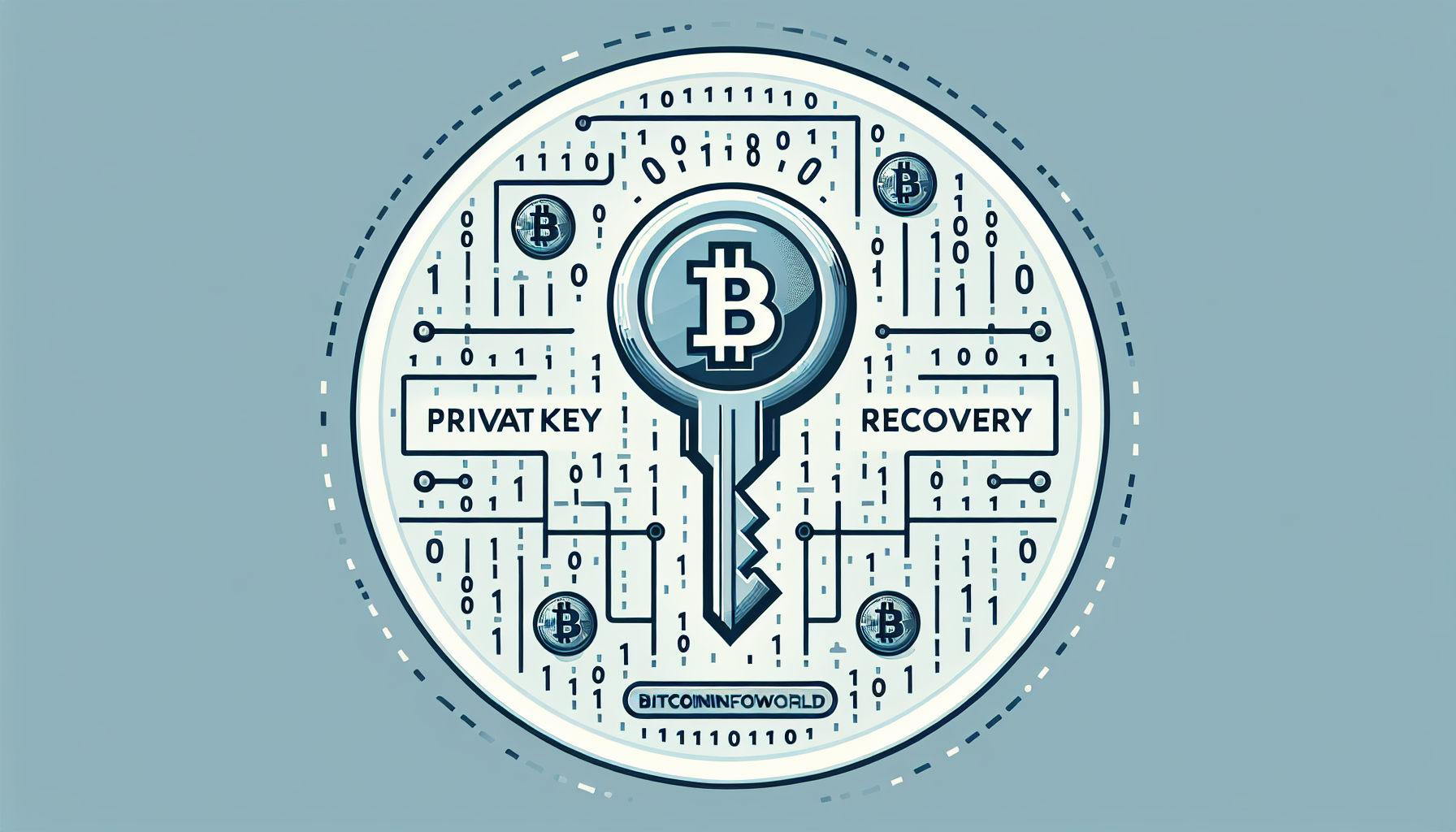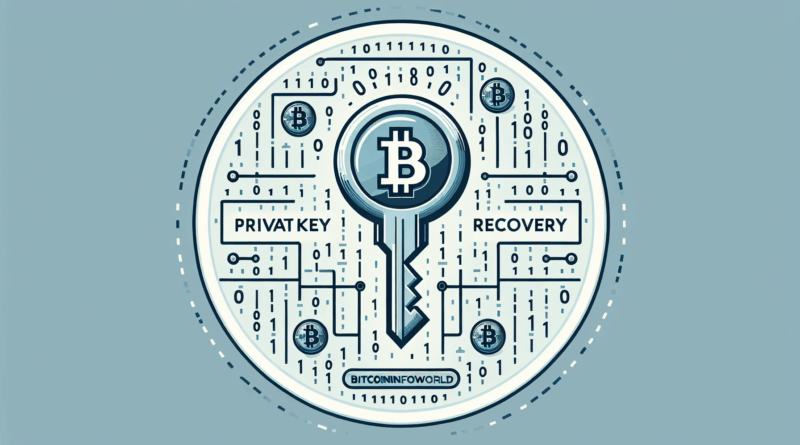Bitcoin Private Key Recovery: A Comprehensive Guide for Cryptocurrency Holders
Understanding Bitcoin Private Key Recovery
In the world of cryptocurrency, your private key is your lifeline. With over 5.6 billion cryptocurrency holders worldwide, it’s alarming that only 23% of them know effective ways to secure their private keys. So, what happens if you lose access to your Bitcoin private key? This article delves into the essential strategies for Bitcoin private key recovery, ensuring you never lose access to your digital assets.
The Importance of Your Bitcoin Private Key
Your private key is a unique cryptographic key that grants access to your Bitcoin wallet. Losing it means losing your funds. Here’s a simple analogy to illustrate: think of your Bitcoin wallet as a bank vault. Your private key is the vault’s combination. Without it, you can’t access or retrieve anything inside.
Common Reasons for Losing Access
- Device Failure: Hard drives and mobile devices can malfunction, leading to potential key loss.
- Forgetfulness: Many users fail to store their keys securely.
- Phishing Attacks: Cybercriminals often trick users into revealing their private keys.
How to Recover Your Bitcoin Private Key
If you find yourself in a situation where you’ve lost access to your Bitcoin private key, there are several strategies you can employ. Here are some effective methods:

- Backup Recovery: If you’ve previously backed up your wallet, you can retrieve your key from that backup.
- Recovery Phrase: Many wallets provide a seed phrase during setup. This phrase can be used to restore access to your wallet.
- Reach Out to Support: Contact wallet service providers for assistance. They may have protocols for recovery.
Best Practices for Future Security
To avoid future loss of your Bitcoin private key, consider implementing these security measures:
- Use reputable wallets that offer robust backup options.
- Store your recovery phrases offline in a secure location.
- Consider hardware wallets like Ledger Nano X to enhance security and reduce hacking risks by 70%.
Conclusion
Retaining access to your Bitcoin private key is critical for securing your cryptocurrency investments. If you find yourself locked out, using recovery phrases, backup wallets, or support avenues can be effective. Always implement best practices to safeguard your assets. For trends in cryptocurrency management, stay tuned to bitcoininfoworld.
Disclaimer: This article does not constitute investment advice. Please consult with local regulatory authorities before making any decisions.
With ongoing discussions about the security of digital currencies, staying informed is essential. To learn more about cryptocurrency trading and blockchain technology, explore our additional articles.
Author: Dr. Eleanor Smith, a noted blockchain security expert with over 30 published papers and lead auditor for the CryptoSecure Project.




